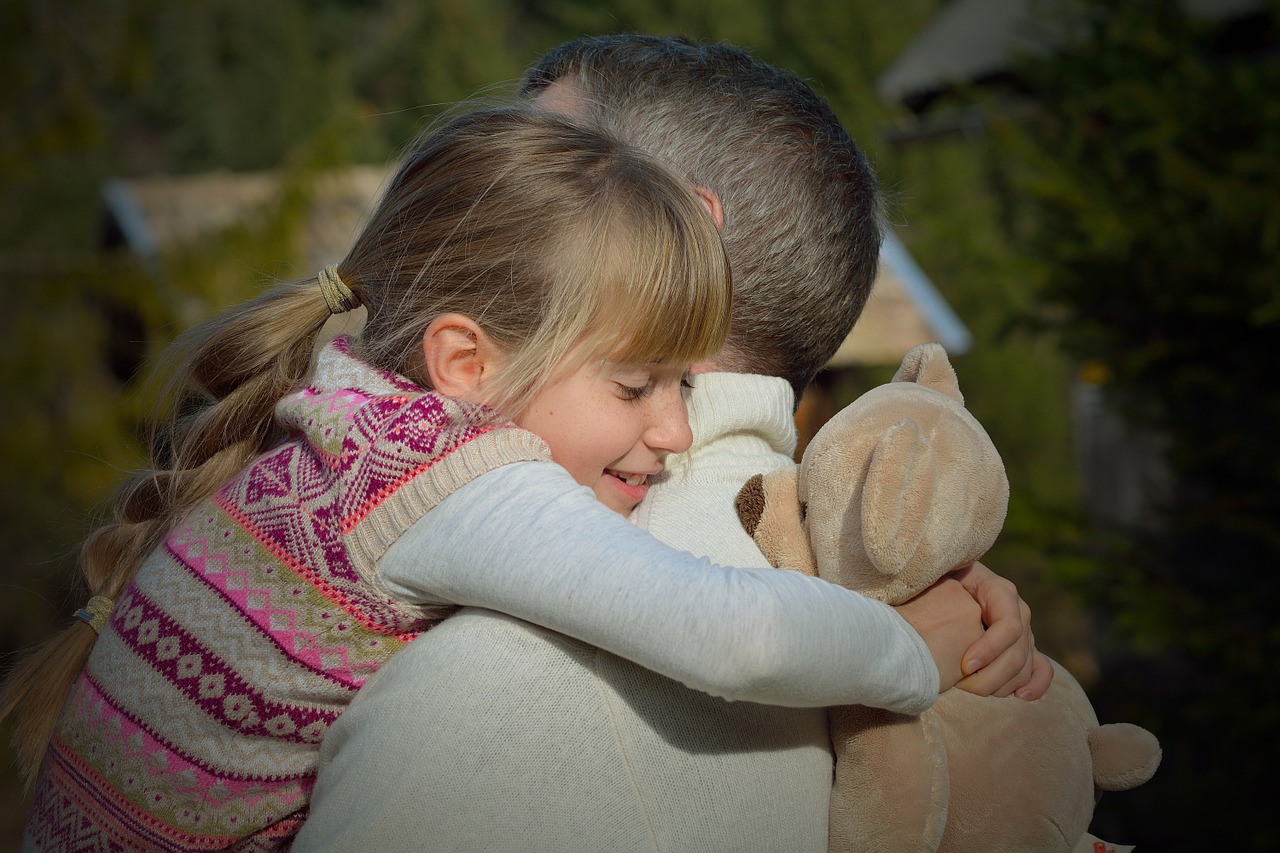Many parents run into separation anxiety at one point or another. While it’s a common occurrence, it can be frustrating and difficult to deal with. Separation anxiety can occur as early as 4 months old and it can continue to about 4 years of age. Adding to the challenge, it can go away and come back or be consistently present. While this can seem daunting, don’t worry! Knowing the cause of it can help you deal with the issue.
Why does separation anxiety happen?
Separation anxiety is, simply put, your child’s reaction to leaving you. Normally speaking, worry over a parent leaving is a typical childhood reaction. It’s often expressed as crying, as a tantrum, or as general clinginess. Young children tend to dislike new situations or people and feel afraid when settings change. Luckily, there are a few things you can do to help your child feel more comfortable.
What can I do to help my child through their separation anxiety?
Since the cause of separation anxiety is generally the result of a change, there’s plenty of things you can do to help your child. Before you leave your child, give yourself a reminder that this is a normal response and your child will feel comfortable soon. One of the biggest ways to help your child reduce their separation anxiety is to reinforce the idea that you’ll be back. You can do this by leaving your child in someone else’s care for short times and distances, increasing as they get more comfortable. This will help them understand that you’ll be returning. You can help them feel more confident by coming back when you say you will. If they’re feeling anxious when you leave, have a special goodbye, such as blowing kisses or waving at the window, to help soothe them as you go. Using the same person for care or having them come to your house will help minimize the changes too. The last, and maybe most important, thing you can do is to be gentle, stay firm and don’t give in. It’s hard when your child is upset, but the more consistent you are, the sooner they’ll be able to get past their anxiety.
When should I get help for my child’s separation anxiety?
Rarely, separation anxiety can reach an extreme level. This is known as separation anxiety disorder, and, while similar symptoms occur, your child’s worry will be much more significant than normal. Because the disorder does share similar symptoms, it’s tricky to figure out whether your child needs patience or if it’s time to look at other options. Symptoms of something more severe include feeling physically ill, dramatic worries such as something happening to the people they care about, and in some cases, sleep disturbances. Major stressors, like moving to a new house or going to a new daycare can contribute to more extreme symptoms. Extra things you can do to help your child through this include teaching your child relaxation techniques, talking with them about their feelings toward the situation, and encouraging them while they work through and conquer their fears.
Most times, separation anxiety goes away on its own and is a normal part of development. If you are unsure, talk to a professional about your concerns. Regardless of the severity of your child’s separation anxiety, remember to stay calm! Your anxiety will feed your child’s. Relax, and reassure your child that you’ll be back. Do the same for yourself: your child will adjust and it won’t last forever. If you need help dealing with your child’s separation anxiety, give me a call!

